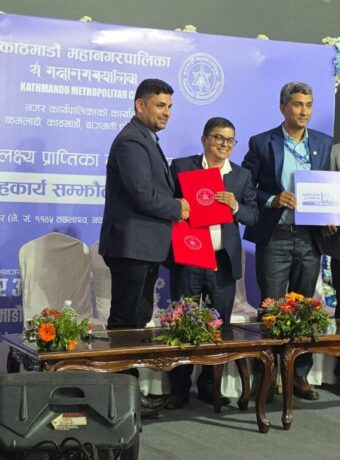Cancer

Cancer is one of the major causes of death in countries across the world. However, at least half of cancers could be prevented.
National cancer institute defines cancer as a disease in which abnormal cells divide without control and can invade nearby tissues.
PREVENTION OF CANCER:
1. Avoid tobacco

- According to the WHO, tobacco is the single largest preventable cause of cancer in the world today, causing 80–90% of all lung cancer deaths.
- Smoking is linked to developing cancers of lung, oral cavity, nasal cavity, pharynx, larynx, esophageal, stomach, pancreas, liver, bladder, kidney, uterine cervix and myeloid leukemia.
2. Nutrition

It has been estimated that 32% of cancer deaths are linked to diet
1. Follow Mediterranean diet
It includes:
- Fruits and vegetable
- Whole grains
- Legumes and nuts
2. Avoid alcohol
- Alcohol consumption increases the risk of oral cavity, pharynx, larynx, esophagus, liver, colorectal (in men) and breast cancer
3. Avoid red meat and processed meat
- High consumption of red meat is a risk factor for colorectal cancer, esophageal, lung, pancreatic and endometrial cancers.
- Processed meat contain preservatives like nitrates which causes risk of colorectal cancer
4. Obesity
- Obesity is generally attributed to an energy imbalance between calories consumed and calories expended.
- Overweight is defined as a Body Mass Index (BMI) of 25 or more, and obesity is defined as a BMI of 30 or more.
- Obesity leads to increased risk for esophagus, pancreas, colorectal, breast (postmenopausal), endometrial and kidney cancer and a probable increase in cancers of the gallbladder, pancreas and liver.
3. Physical Activity

- Being physically active has led to decreased risk of colon cancer, breast (postmenopausal) and endometrial cancer.
- Individuals should be moderately physically active for at least 30 min each day.
- As fitness improves, 60 min or more of moderate, or 30 min or more of vigorous, physical activity every day are recommended, as well as limiting sedentary habits, such as watching television.
4. Prevention related to infectious agents

- Drinking boiled water: decreases risk of liver and bladder cancer
- Hygienic food: decreases risk of stomach cancer
- Vaccination – Hepatitis B vaccine, Human Papilloma Virus vaccine
- Pap smear: to diagnose cervical cancer
- Proper sanitation
- Practice safe sex: Prevention from HIV leading to
5. Get regular medical care

- Screening test : Pap smear
- Self examination of breast in case of females
- Whole body check up



